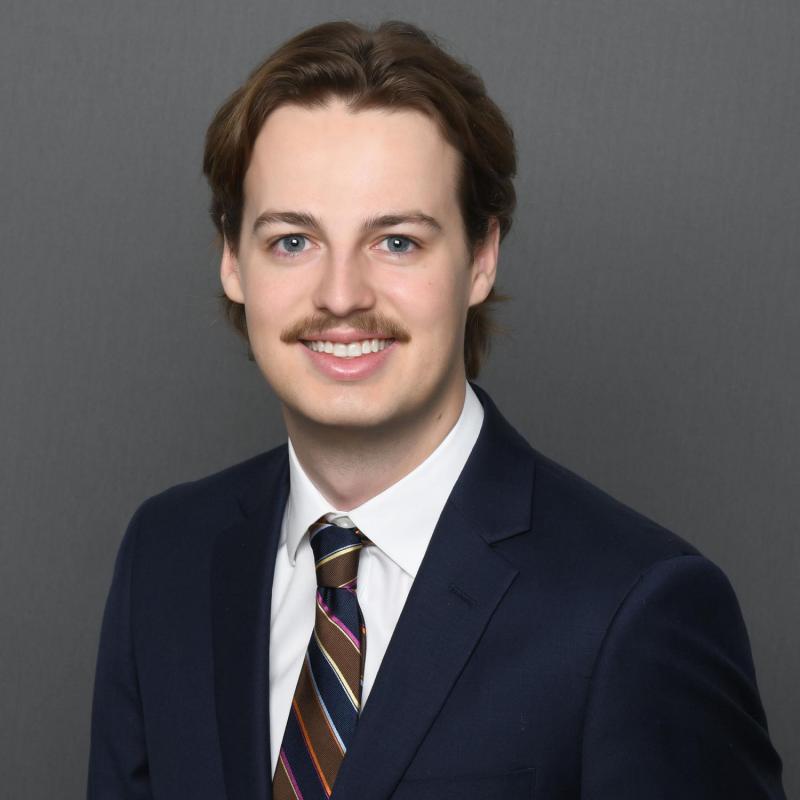Humans of NHC - Corrin Segura, LVN Case Manager
Caleb Greene interviewing Corrin Segura, an LVN Case Manager at Ampla Health.
Can you share a bit about your journey and what led you to your current role as a LVN -Case Manager?
"I was a nursing supervisor for a mobile medical unit where I cared for people experiencing homelessness. During COVID, I often went out to homeless camps and found myself doing a lot of case management work that was not originally part of my job. There was a significant need for preventive care. When this opportunity came up, I took it because it allowed me to teach and develop my skills in preventive health."
What does a typical day look like for you as a LVN - Case Manager?
"A typical day starts with preparing for the patients who are scheduled to be seen. That includes reviewing their charts, responding to phone calls, and researching their needs ahead of time. We look at things like immunizations, medications, socioeconomic factors, and whether they are receiving ART (antiretroviral therapy). A big part of the job is figuring out what each patient needs, not just medically but also socially. We spend time educating them about their diagnosis and how to manage their health. There is also a lot of documentation, including writing notes, completing reports, and staying on top of paperwork. We know that life happens, but our patients should always know we are here for them when it does."
Having worked with you during my service term, I’ve seen how challenging your role can be. What helps keep you motivated on those hard days?
"Today is actually a perfect example. I received an obituary notice and thought it was for a patient I had just seen. He was such a kind and amazing person. Thankfully, it turned out not to be him, but it was still a wake-up call. It reminded me that I can always go a little further to help my patients. This job can be very thankless at times, but what keeps me going is seeing people go from being very sick to getting better and living a normal life again. It is incredibly rewarding to see them meet their own goals and know I played a part in that."
How do you balance the clinical side of your work with the emotional and social support patients often need?
"For me, it all starts with a conversation. I can look at the data and make medical assumptions, but that only tells part of the story. Until I sit down and talk with my patients, I cannot fully understand their emotional, financial, or social needs. Everyone is different, sometimes slightly, sometimes drastically, and it is important to give each of those areas' equal attention. Taking the time to truly listen is one of the most important things I do.”
What advice would you give someone early in their healthcare career who’s still figuring out what path is right for them?
"I have been in the medical field for a long time, and I have worked with many new doctors, nurses, and providers. Everyone talks about finding their path, but it is important to understand that there is a dark and difficult side to medicine. Until you come to terms with the hard, often heartbreaking parts of this work, it is hard to know if it is truly right for you. My advice is to find what inspires you to keep learning and growing. You need something that excites you, because burnout can come quickly. Healthcare is constantly changing, and if you do not have a genuine interest in keeping up with those changes, this might not be the right field for you."
